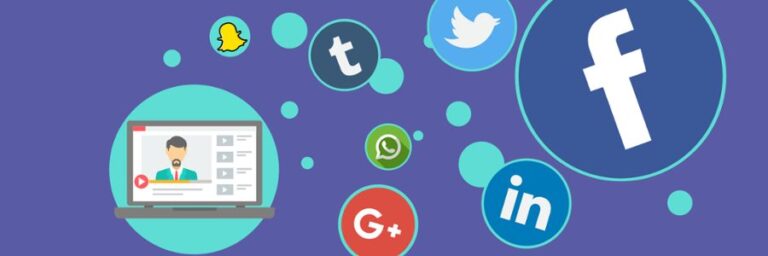The Internet of Things and The Future of Digital Marketing

The ‘Internet of Things’ (IoT) is a term coined to describe the network and communication between multiple internet-enabled and every-day devices. These devices transmit and collect data via Bluetooth signals, beacons, and the cloud, respectively. It started out as a question, or an idea, that simply asked, “Can a device with an embedded sensor, communicate with a person or another machine to send and receive data?”
Or more simply, “Can a Coca Cola vending machine, running low on inventory, communicate with an off-site inventory supplier, via the internet, to order more Coke?” This year we will have about 5 billionconnected devices and will continue to grow exponentially over the next few years to about 50 billion connected devices.
These devices will live in our homes as smart appliances, such as ovens, thermostats, and smart TV’s to name a few. Furthermore, IoT will be very useful in the marketing industry for tracking the purchase funnel, consumer location awareness, customized targeting, and much more.
How IoT Has Affected Business
Businesses will benefit from this technology movement with the ability to collect significantly larger amounts of data on consumers. With proper usage, this data will give businesses the ability to reduce operating costs, increase productivity, expand to new markets and develop new products. Government and the healthcare industries are also coming up with ways in which they can capitalize on the potentials of IoT.
These IoT devices are swiftly becoming a part of everyday life for regular consumers. Wearable monitors, Smart Phones, and Smart Cars are just a few things that we’ve seen. There are more devices being developed every day, to assist in every aspect of living, industry, and medicine. The sky is truly the limit.
With IoT growing faster than most of us realize, it is imperative we understand what IoT means for the digital marketing landscape and how we, as digital marketers, can best prepare ourselves for the changes to come.
IoT And Digital Marketing: Endless Possibilities
As marketers it has always been our job to stay ahead of the ‘consumer’ curve, recognize trends before they ‘trend’, and know what the consumer is going to want before they know themselves. We’re able to do this by gathering data, analyzing the information and making predictions of consumer behaviors and preferences.
The IoT is a consumer ‘map’, rich with information, habits, and preferences, and will be used to aid in marketing practices. Some consumer needs and wants can be predictable, such as medical access for baby boomers and the aging population, while some consumer behaviors can seem mercurial. Everyone likes the latest, newest thing.
If we as marketers aren’t thinking ahead, we are lagging behind! With the IoT, we will have a tool well beyond our standard Google Analytics, SEMrush, and SEOclarity to pull consumer behaviors. We will be able to predict when a consumer may shop at a specific retail outlet, or dine at a particular restaurant, attend a cultural event, or stop off at the gym.
Applying IoT Tools To Digital Marketing Efforts
The marketing data can be totally personalized for target consumers, ad campaigns, timing of sales, etc. Think about it like this, if a consumer is in the vicinity of one of your client’s retail stores you can set up a campaign that will send them an entirely personalized ad based off of: their distance from your store, the current weather, past purchases from your store, previous purchases from competitors’ stores, other purchases they had made that day or even based off of events that are coming up in their Google calendars.
It will be the perfectly streamlined marketing system, and the possibilities are endless. Exciting, right?
Today, much of the IoT technology is in the infancy phase and there are many practical questions to be answered; the security of these connected ‘things’ being one major question. Privacy and security are paramount to all who would use this type of embedded device because of the large amount of data that will be available about them. There will be concerns and discussion about this serious ‘risk’. Users will need to weigh convenience against exposure.
As with all technology advancements, there are also ethical issues that must be addressed. How much collected information is too much information for the consumer? We know the consumer wants a more personalized buying experience but will the benefits be enough to outweigh the perceived “Big Brother” effect? This will be a primary challenge for marketers. As marketers, we can overcome these obstacles and reassure the IoT user by recognizing the concerns of the consumer, as opportunities to establish personal strategies for clients, use quality incentives, and de-vilify sharing data.
Big change is coming in the world of digital marketing. The faster IoT develops, the more urgent the need becomes for marketers to start planning strategies for their digital campaigns and practices.
Our Editorial Standards
Reviewed for Accuracy
Every piece is fact-checked for precision.
Up-to-Date Research
We reflect the latest trends and insights.
Credible References
Backed by trusted industry sources.
Actionable & Insight-Driven
Strategic takeaways for real results.







